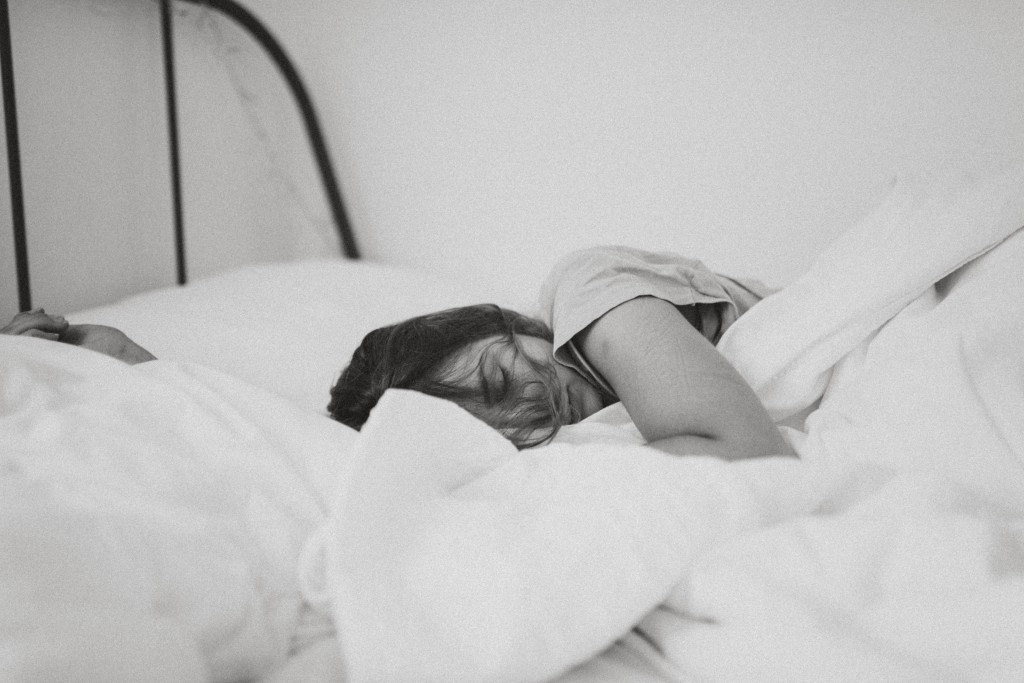Why Your Sleep Is Important
Along with pain often comes stress and poor health. When connected, these two things can strongly influence the quality and quantity of our sleep. Along with reporting an overall debt in sleep, those with both chronic pain and acute pain have trouble falling asleep and staying asleep. Overall, those with pain have a much higher chance of sleep problems impacting their mood, activities, relationships and overall enjoyment of life.
People in pain also say environmental factors make it more difficult for them to get a good night’s sleep. These factors include noise, light, temperature and their mattresses alike, suggesting that taking greater care of the bedroom environment may be particularly helpful to pain sufferers.
People who rate their health as very good or excellent report having more sleep than those who rate their health as good, fair and poor. This indicates a direct correlation between duration of sleep and ones perceived health quality.
Overall, pain is a serious intrusion to sleep. So what can you do to help yourself?
SLEEP HYGIENE
Good sleep habits are often referred to as good sleep hygiene. There are many things that can be done to improve sleep.
What should I do in the evening?
Try to go to bed at the same time each night. In the hour before going to bed, it is important to have a relaxing sleep routine. Although this will vary from person to person, some things that you may find relaxing include having a warm bath, reading quietly or a warm milk drink. Going to the toilet is important to avoid having to get up in the night. It is also recommended to turn off all screens (e.g., computers, smartphones) 1-2 hours prior to bed, and if possible, not have them in the bedroom.
Are there things that I should not do in the evening?
Caffeine should be avoided at least 2 hours before going to bed. This isn’t just coffee and tea. It is also found in colas and soft drinks. Smoking also makes it difficult to go to sleep, so there should be no cigarettes before going to bed or during the night. Alcohol might help you get to sleep, but it will make it harder to stay asleep. Activities that are stimulating should be avoided in the hour before bed. This includes moderate exercise, computer games, television, movies, having important discussions, using social media and responding to emails and text messages.
What about meals and sleep?
It is important to not be hungry at bedtime. But having a full stomach makes it difficult to sleep. The evening meal should be at least 2 hours before bedtime. Some people find that having a small snack at bedtime helps them to sleep better.
What should I do when I’m in bed?
The bed must be comfortable. Avoid being too hot or too cold. The mattress, pillow and blankets should be comfortable and restful. There should be no distractions in the bedroom. This may mean removing the television, radio and hand-held devices such as phones and laptop computers.
What should I do during the day?
One very important thing is to stay out of bed. Some people use the bedroom as a living room, where they study, watch television, make phone calls and read books. This will make it harder to sleep. It is important to train the brain to link the bed with sleep. As a rule, exercise is good for sleep, but not just before going to bed. The best times are in the morning and before the evening meal, however any exercise is better than none.
What should I do if I can’t get to sleep?
Sleep is not something that you can force to happen. If you are not asleep within 20 to 30 minutes of going to bed you should get up. Go to another darkened room and sit quietly. Do not have screen time (e.g., television, smartphone, computer) eat, drink or do household chores. When you feel tired and sleepy again go back to bed. This helps your mind link bed with sleep – not with being frustrated and not sleeping. Rest is good – it does not have to be sleep.
How much sleep do I need?
Most adults need between seven and eight hours sleep each day. Be realistic about your needs. Younger people have different sleep needs.
How important is a routine?
Try to stick to a good sleep routine. Improved sleep will not happen as soon as changes are made. But if good sleep habits are maintained, sleep will certainly get better. It is not possible to do the same thing every day, but it should be most days.
If your pain is affecting your quality and quantity of sleep, why not try these simple steps to help you sleep better.
***








